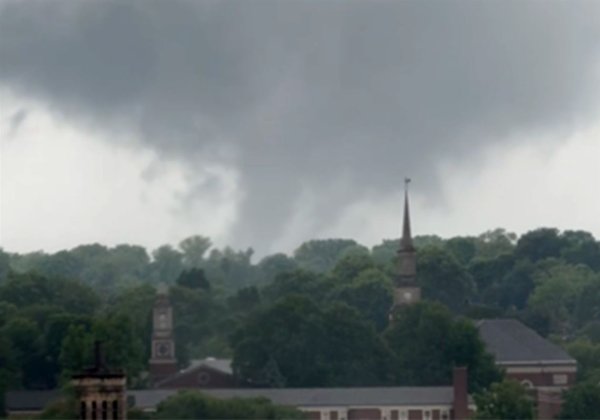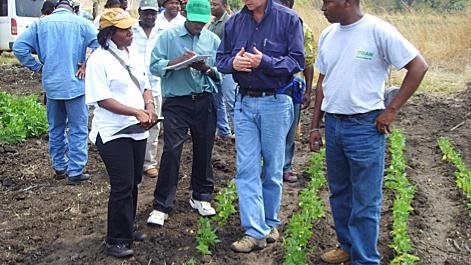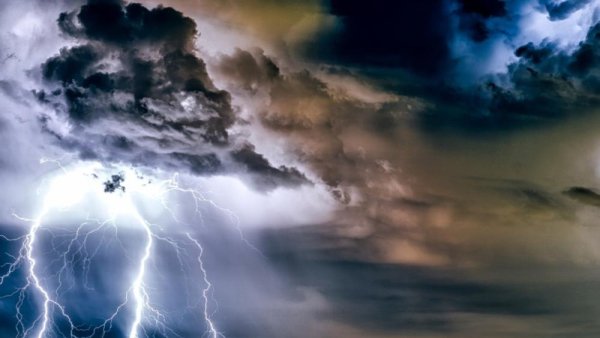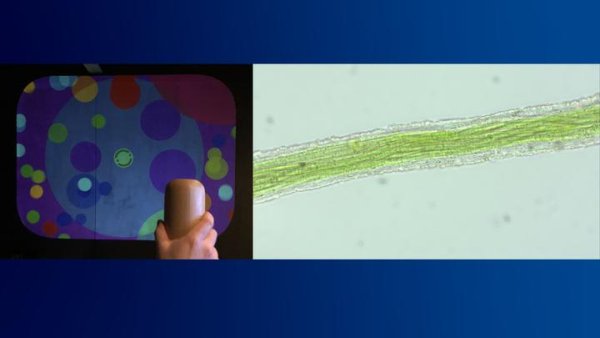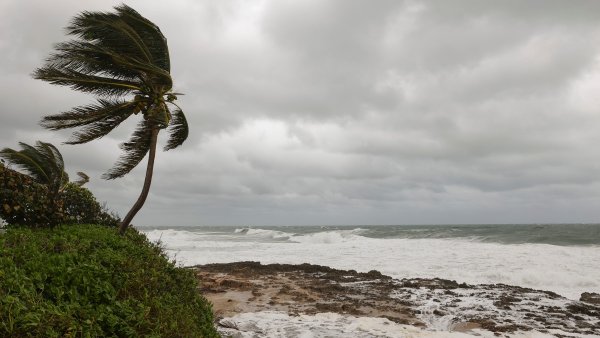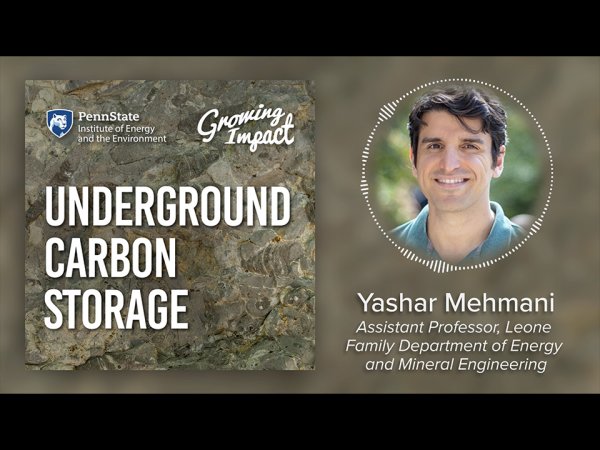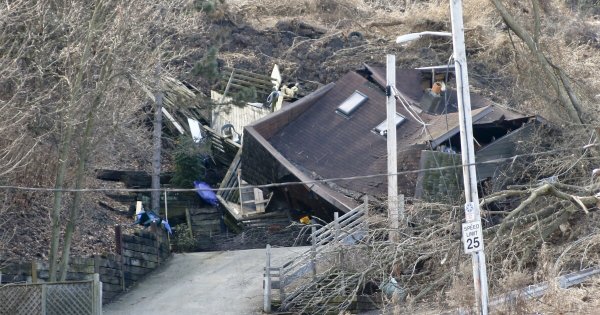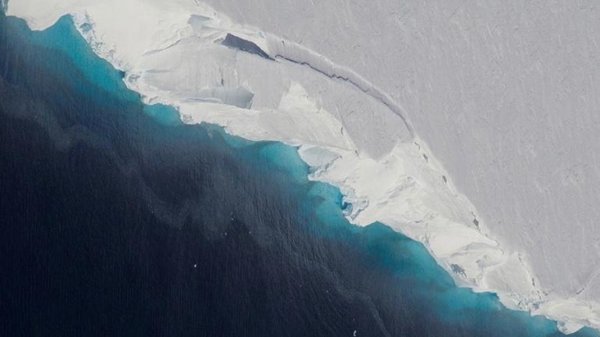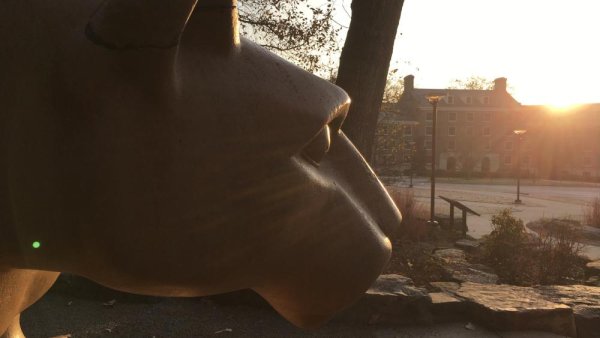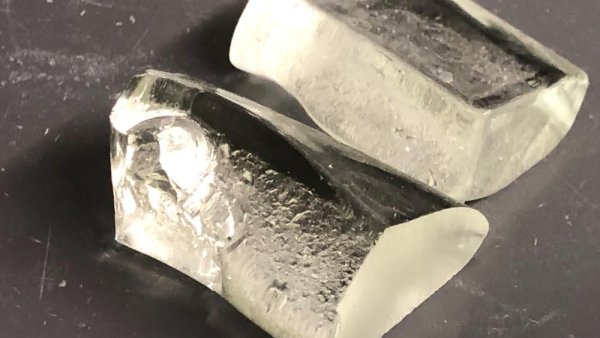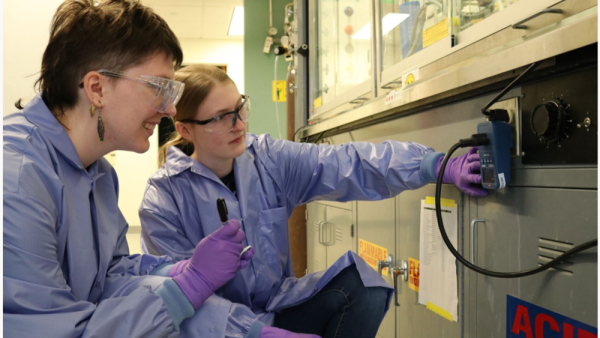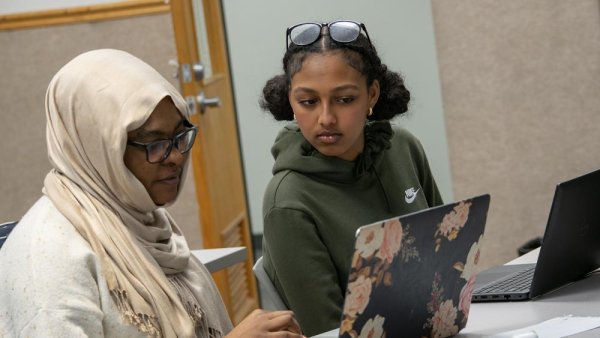Pittsburgh's warm stretch has helped trigger a perfect storm of severe weather and tornadoes
| post-gazette.com
Experts say an uptick in tornadoes around Pittsburgh isn’t exactly an indication that we’re suddenly a part of Tornado Alley. This article quotes Paul Markowski, Distinguished Professor of Meteorology.
College of Agricultural Sciences professor named a top scientist by Research.com
| psu.edu
A faculty member in the Penn State College of Agricultural Sciences has been named recipient of Research.com’s Plant Science and Agronomy Leader Award for 2024 and is included in the academic platform’s 2024 Ranking of Best Scientists in the Field of Plant Science and Agronomy.
Penn State part of $6.6M consortium to improve weather forecasting
| psu.edu
Researchers at Penn State are part of a multi-university team selected to receive $6.6 million in recommended funding from the National Oceanic and Atmospheric Administration. The group will establish a new multi-university data assimilation consortium to improve weather forecasts using enhanced numerical weather prediction systems.
Exhibition showcases art and science collaborations
| psu.edu
An art exhibition showcasing recent collaborations in art and science will be on display in the Huck Life Sciences Building on May 30 and May 31 in conjunction with the One Health Microbiome Center Biennial Symposium.
Models said we'd see fewer but stronger hurricanes. Were they wrong?
| floridatoday.com
Does global warming cause fewer but stronger hurricanes? Climate models seem to have gotten much of their predictions of a key hurricane driver wrong. This article mentions Penn State research.
Growing Impact: Underground carbon storage (Preview)
| youtube.com
Episode release date: June 1, 2024. Storing carbon dioxide underground could offset the record amounts of CO2 that humans emit each year. If this technology is successful, it could be an answer to climate change impacts, such as rising temperatures and acidification of the ocean. However, the process is complex and costly. A team of researchers is exploring one way liquid CO2 could be injected into rock formations, which may efficiently convert the molecule into a solid.
Mount Washington landslide mitigation begins as climate challenges increase
| wesa.fm
Pittsburgh is the land of landslides, yet research monitoring them is sparse. But projects out of Pittsburgh’s universities could fill in the gaps to sturdy the region’s hillsides. This article mentions Penn State research.
'Doomsday glacier' explained: why scientists believe it predicts devastating sea levels - which might happen faster than thought
| forbes.com
The Doomsday Glacier is the widest glacier in the world, and it already accounts for around 10% of global sea level rise. This article features Penn State research.
Impact of eight-figure estate commitment will be felt across the University
| psu.edu
A donor who has chosen to remain anonymous has stepped forward with an eight-figure estate commitment, bringing the donor’s total support of Penn State to more than $13.5 million. The gift will enhance scholarship support in the College of Education and the College of Agricultural Sciences and at Penn State Berks; further pediatric cancer research at Penn State College of Medicine; provide top academic leaders with flexible resources; and help the Blue Band to continue inspiring pride across the Penn State community.
GAP funding paves the way for research to move from lab to market
| psu.edu
Four projects were recently awarded Penn State Commercialization GAP funding. The GAP Fund, formerly known as the Fund for Innovation, aims to accelerate the development of promising research across the University by closing the funding gaps between proof-of-concept research and readiness for commercialization.
Penn State Sustainable Labs Program concludes second year, expands on successes
| psu.edu
The Sustainable Labs Program provides educational support and networking opportunities to labs across Penn State, helping them implement changes to become more energy and resource efficient. Actions taken by participating labs are estimated to result in over $155,000 in savings for the University and reduce about 490 tons of carbon dioxide emissions annually.
EnvironMentors offers high school students a college research experience
| psu.edu
Penn State Harrisburg began participating in the Penn State chapter of EnvironMentors in 2019. The program links a high school student with an undergraduate student mentor and a faculty mentor for an environmentally themed research project that takes place over the course of the academic year. The work culminates in a research symposium at University Park.

